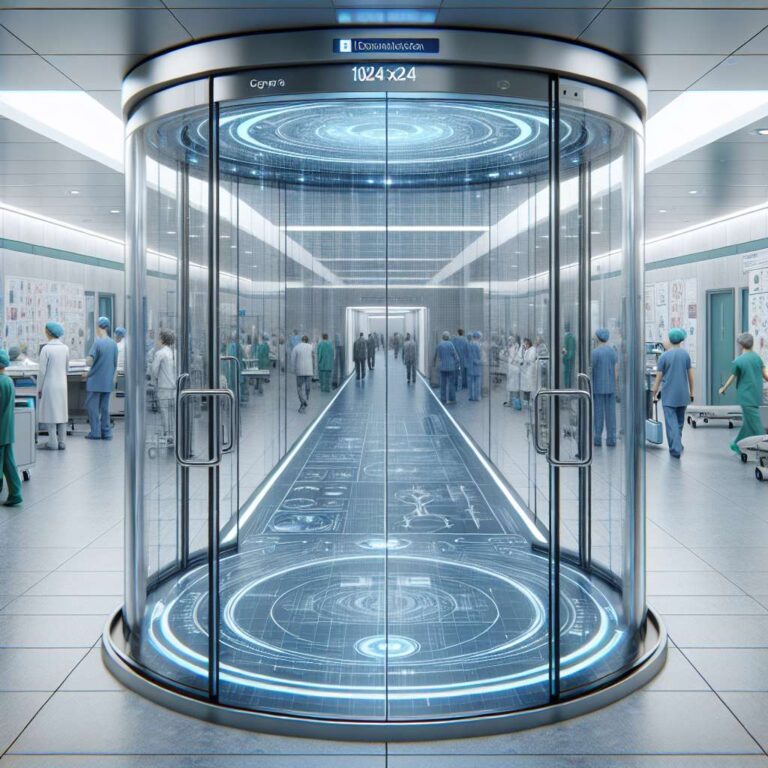The UK government has injected £1 million into the Medicines and Healthcare products Regulatory Agency’s (MHRA) AI Airlock programme, strengthening its pioneering regulatory ´sandbox´ for Artificial Intelligence-driven medical devices. This move aims to expedite the safe introduction of Artificial Intelligence innovations to the healthcare sector, enabling companies to work directly with regulators and navigate complex regulatory environments more efficiently.
Following a successful pilot phase that tested four breakthrough technologies—including software personalising cancer treatment plans and tools for real-time monitoring of Artificial Intelligence in hospitals—the programme’s second round opened to applicants on 23 June 2025. The Airlock’s ´sandbox´ approach emulates an airlock on a spacecraft, establishing a boundary that safely separates experimental Artificial Intelligence solutions from fully approved clinical technologies. This environment allows for rigorous safety and regulatory testing before public deployment, building on the government’s AI Opportunities Action Plan and recommendations from the Regulatory Horizons Council.
Backed by the new Regulatory Innovation Office (RIO), the initiative aims to modernise regulatory practices by cutting red tape and supporting more agile approaches tailored to rapid technological advancements. Health Minister Baroness Merron championed the investment for its potential to make the UK a global leader in healthcare innovation, while James Pound, MHRA Interim Executive Director, highlighted the need for new pathways that consider Artificial Intelligence’s unique capabilities. Projects in the pilot included Philips’ generative Artificial Intelligence radiology reporting, OncoFlow’s personalised cancer management platform, Automedica’s work on retrieval-augmented generation technologies, and Newton’s Tree’s federated Artificial Intelligence monitoring for clinical safety.
Successful candidates for the next cohort must demonstrate medical devices offering tangible patient benefits, new approaches to treatment, or challenging regulatory paradigms. The results from the initial phase will inform regulatory strategies and shape responsible Artificial Intelligence deployment in healthcare, while applications for the upcoming cohort close on 14 July 2025.

